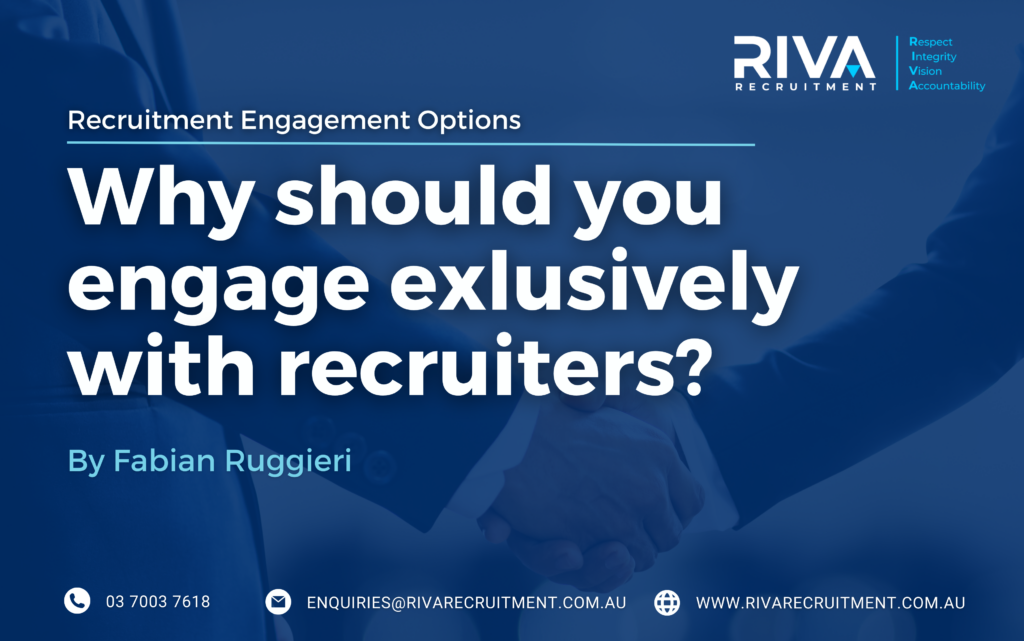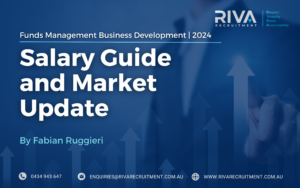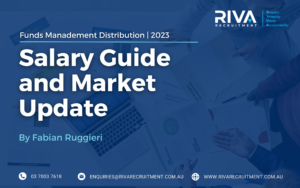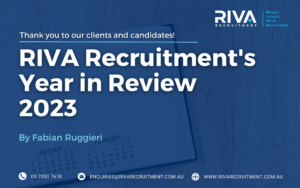There are many ways for an organisation to engage a recruitment agency. The most common engagement options are:
- Exclusive engagement – Only one recruitment agency is engaged by the organisation to fill a job opportunity. In exclusive assignments, the hiring company does not undertake internal recruiting processes nor engage with other recruitment firms. Some recruitment firms will seek an upfront retainer, commonly known as retained exclusive engagement.
- Competitive contingent engagement – The organisation engages multiple recruitment agencies, therefore, does not commit to one singular recruitment agency. Additionally, the hiring organisation may choose to promote and fill the role using their own internal resources. In most circumstances, fees for competitive assignments are higher than those for exclusive assignments.
- Co-Branded engagement – The organisation and the recruitment agency partner together to cross-promote the job opportunity. From the job advertisement, the candidates are aware of the hiring organisation, and the recruitment agency running the recruitment process. All applications are processed and benchmarked by the recruitment agency. The organisation pays an upfront retainer to the recruitment, as per a retained exclusive arrangement. Co-branded engagements have greater candidate reach as both the organisation, and recruitment agency are promoting the opportunity.
Benefits of exclusive engagement
Working exclusively with a recruitment agency poses many beneficial outcomes for a company trying to fill a role. It is vital to understand the ‘process chaos’, potential employment brand damage, and the inefficiency, and ineffectiveness which comes with engaging multiple recruitment agencies when recruitment a new employee.
Below is an outline of why working with one, quality recruiter on a specific role is in a company’s best interests.
1. Commitment
When engaging exclusively, a recruitment agency is far more inclined to commit their full capability towards companies who engage with them on an exclusive basis. While some may think that you will get more effort from a recruiter when the role is in competition, what can happen is the recruiter will have short bursts of activity as there is the potential for another recruitment agency to fill the role – meaning there is less focus on providing candidates. Ultimately, a recruiter will put their energy into companies who want to work with them as partners instead of focusing resources on a role they may never fill.
2. Responsibility
Once a company engages exclusively with a recruitment agency, the responsibility for success is now shifted to the recruiters. When a job is given to recruiters, they own the problem. The company can focus on doing what they do best and let the recruiter focus on what they do best.
3. Quality
As a result of engaging exclusively, a company allows the recruiters to focus on quality instead of time. Why would you want your crucial hiring decision based on who can get candidates first? Would you hire a brain surgeon because they could do the job the fastest? ‘Exclusivity’ means recruiters have time to do the thorough work and not focus on whether other recruiters are already supplying candidates. Exclusive recruitment is a service of quality, while they aim to do efficient work and supply a list of candidates quickly, recruiters are not racing to complete the job and instead invest time in the intricate processes that come with finding a new employee.
4. Comprehensive
Exclusivity allows recruiters to bring all their resources to bare in a talent search. Instead of conducting a quick data-base search, recruiters can undertake a thorough, detailed talent search including networks, talent mapping, head hunting and social media.
Because there is time for the full and comprehensive database search, the company gets the best of the recruiters entire database, not just the best that was seen that week.
5. Overlooked market
Again, time is of the essence when working on a competitive/contingent basis but with exclusive engagement comes more time. This means there is time to comb networks, online resources, social media networks and tap into the overlooked passive talent market.
6. Representing the right candidates
Exclusivity means more time to do thorough screening, saving the clients time and frustration. Time also allows thorough talent interviews, including full assessment of skills, experience, and attitude.
7. Streamlined process
Exclusive engagement means a streamlined process as a company looks to hire a new employee. Working exclusively means companies are only dealing with one, competent recruiter at a time – no multiple agency briefings or multiple contacts to deal with.
8. Protecting your brand
Through exclusive recruitment, an organisation’s confidentiality is preserved. The role they’re looking to fill is not being touted around by five or six recruiters, who each speak to 9 or 10 candidates about the role. When this is happening, it can lead to confusion and results in candidates not trusting the recruitment process – ultimately diminishing the employment brand.
Every recruiter is going to present your organisation in their own way. If you elect to have 6 different firms representing you, there is the risk that the message, value, and mission of your brand will be misconstrued or misrepresented.
Contact Us:
RIVA Recruitment specialises in financial services recruitment across Australia. If you are seeking a new employee for your business or you are seeking an new employment opportunity, please feel free to contact us via LinkedIn, on 03 7003 7618, or email us at enquiries@rivarecruitment.com.au for further information.








